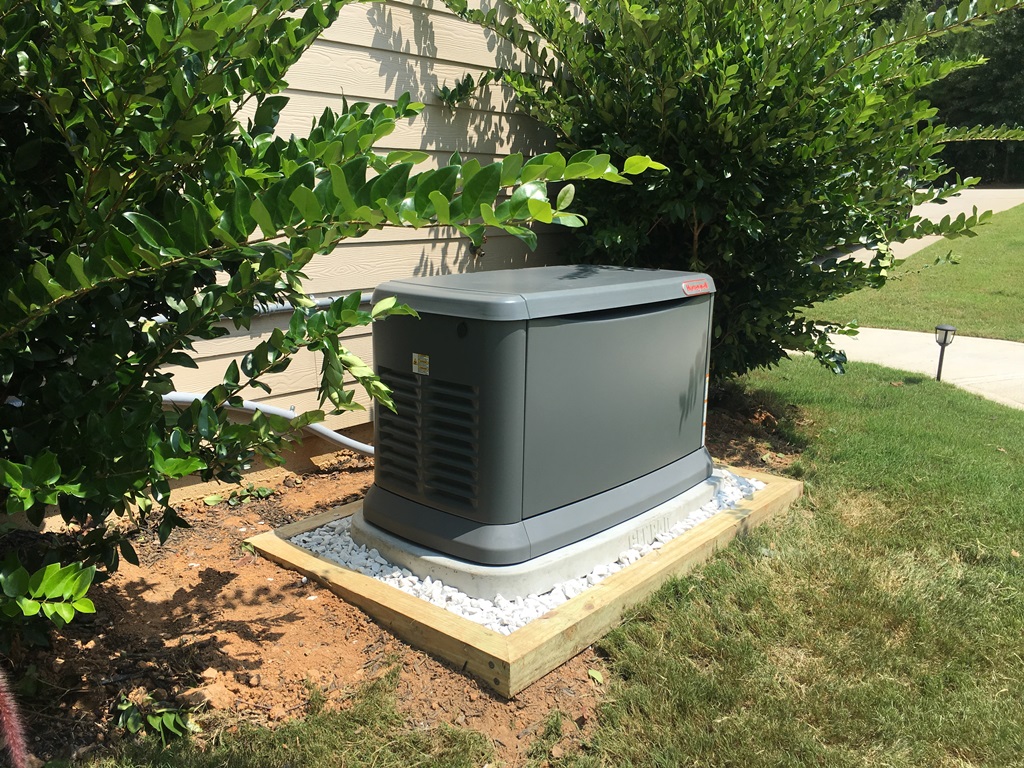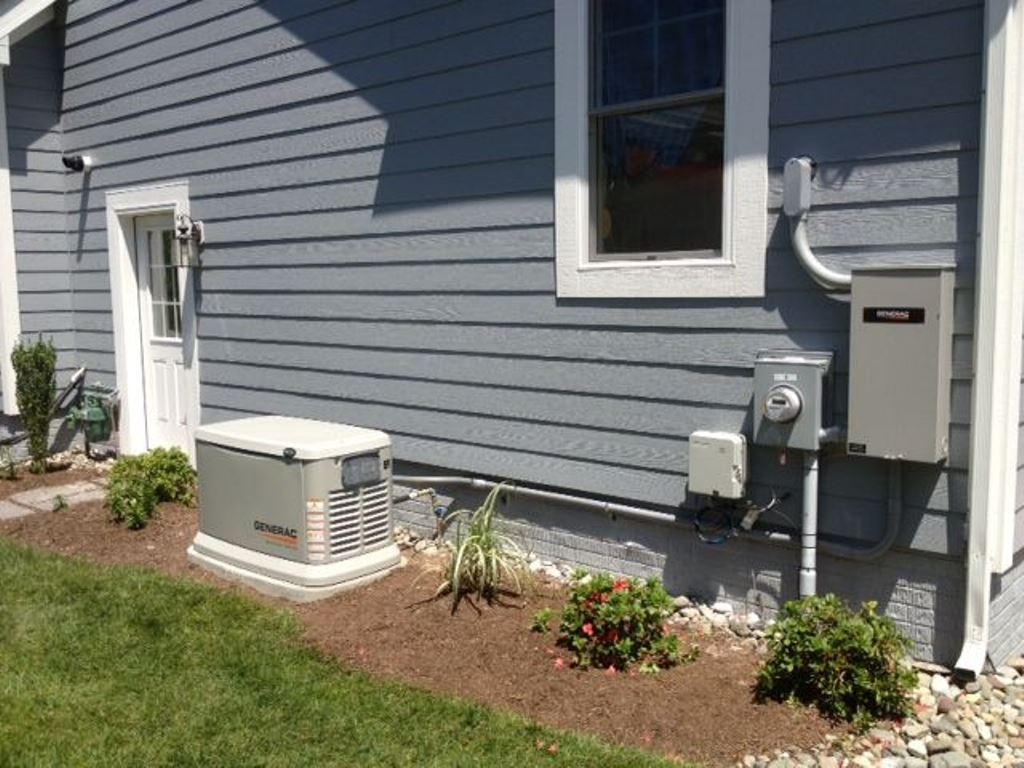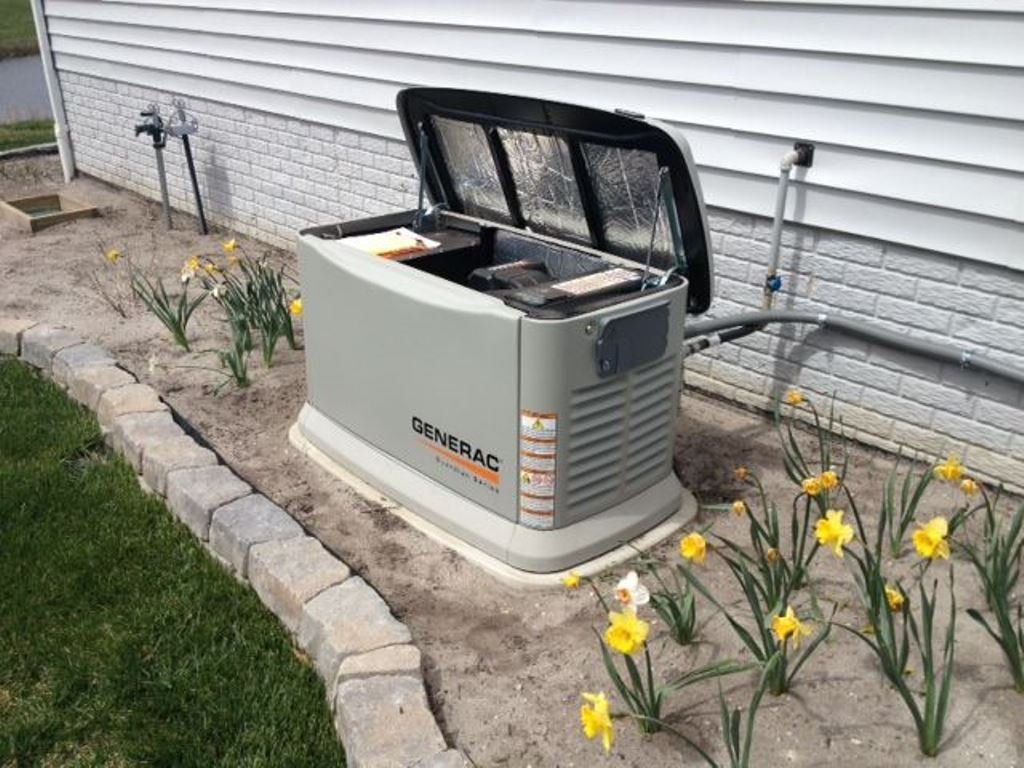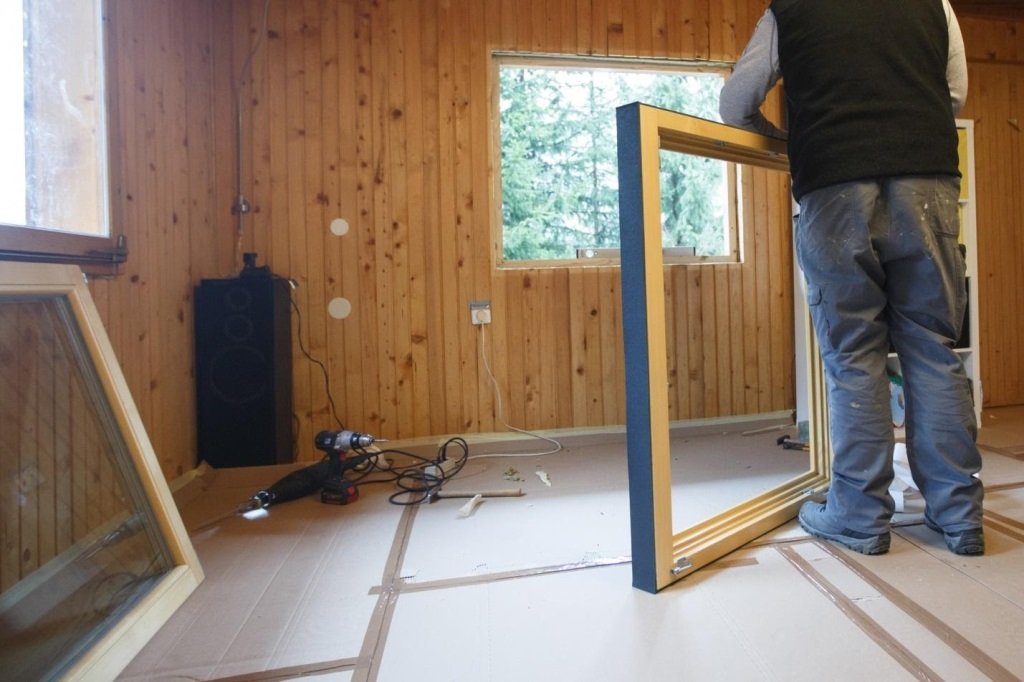Experts estimate that less than three percent of Americans have home generators installed. If you’re not part of this small group, now is the time consider joining.
Like most people, you might have questions like “How does a home generator work?” or “Why should I buy a home generator?” If this sounds like you, you’ve come to the right place. Read on for answers to all your most pressing generator-related questions.
How Does a Home Generator Work?
The way home generators work is pretty straightforward. First, they sense when a power outage has taken place.
After the generator has sensed a power outage, they turn on automatically and deliver backup power to your house. In an ideal scenario, they keep running until your utility power returns.
Most generators, when they’re working in the correct way, kick on within a few seconds of your house losing power. You and your family should barely notice that anything went wrong.
Benefits of a Home Generator

To some people, the idea of investing in a home generator might seem unnecessary, especially if they live in an area that doesn’t experience a lot of serious weather issues. There are plenty of reasons to have a generator installed, though, including the following.
Stay Comfortable
Let’s say you lose power during the middle of summer or in the dead of winter. You’re probably not going to be very comfortable while you wait for your electricity to come back on, right? Having a generator set up helps you stay comfortable and avoid overheating or getting too cold.
Access Water
Without electricity, you might not have access to clean water. Electricity is required for your well pump and filtration systems to work properly.
If these things are not working, you won’t have safe water to drink or bathe in. That probably doesn’t sound very appealing, especially if you were to lose power during the hot summer months.
Stay Safe
Having a generator can help you to stay safe, too. You won’t have to worry about tripping on something and hurting yourself in the dark, for example. You can also make sure that any family members you care for have access to the medication and medical equipment they need to feel their best.
Protect Against Water Damage
Do you use a sump pump to make sure that your basement and crawlspaces stay dry? If so, then you definitely need a generator.
Losing power will cause your sump pump to stop working. This, in turn, could lead to water damage and the potential loss of valuable possessions in the event that you lose power due to a storm.
Stay Informed
A generator ensures that you can stay in touch with the outside world during a blackout or other issue that leads to a loss of power. You can check in with the news to see what’s happening or keep your cellphone charged so you can contact your loved ones and make sure they’re okay.
Avoid Food Waste
Food doesn’t take long to spoil when the refrigerator stops working. To avoid this and having to deal with the expense of replacing moldy, rotten food, consider investing in a generator. It’ll help you ensure that your food stays fresh and that you and your family are able to continue eating while you wait for the power to come back.
Keep Business Going
Let’s say you work from home. If you lose power and don’t have a generator, you’ll have to wait around until the electricity comes back (or you’ll have to pack up all your gear and try to find somewhere near you that does have electricity). With a generator in place, though, you can continue with business as usual and avoid losing money.
How to Choose the Right Home Generator

Okay, you can see that a generator has a lot to offer you and your family. You might be confused now, though, about what you should look for when you’re shopping for a generator. Here are some of the most important factors to consider.
Choose a Fuel Source
Start by deciding what kind of fuel source you want your generator to run on. Three of the most popular options are natural gas, propane, and diesel. You might also want to look into a solar-powered generator if you prefer a more environmentally friendly option.
Know Your Power Needs
Pay attention to the generator’s power rating, too. Larger generators are rated by the kilowatt. The higher the rating, the more powerful the generator will be.
When determining the power needs for your generator, consider everything you want it to do. Will it need to power your air conditioner or HVAC system, for example? If this is the case, you’ll need a more powerful generator to keep your house running until the power returns.
Choose the Right Size
The size of your generator is important, too. Larger generators tend to be more powerful, but they also can cost more money.
In addition to considering your power needs, you’ll also need to think about the size of your house. A five-bedroom house will need a larger and more powerful generator than if you were buying a generator for a mobile home, for example.
Consider Going Portable
If you’re interested in having a backup power source handy but aren’t ready to commit to a full-size generator, consider going with a portable model for now. This gives you some peace of mind, and you’ll have some backup energy if an emergency arises.
The experts at PoweredPortableSolar.com recommend a solar-powered portable generator if you’re going to take this approach. With this option, you also don’t have to worry about spending money on fuel, as the generator uses the sun’s energy to operate.
Invest in a Generator Today

Now that you can answer the questions “How does a home generator work?” and “Why should I buy a home generator?” you’re ready to pull the trigger and purchase your own. Keep the tips listed above in mind and it’ll be easy for you to choose the right generator for your home.
Don’t forget to check out some of the other home improvement-related articles on our site as well. They’ll give you more guidance on how you can make sure your home is a safe, comfortable place for you and your family.




